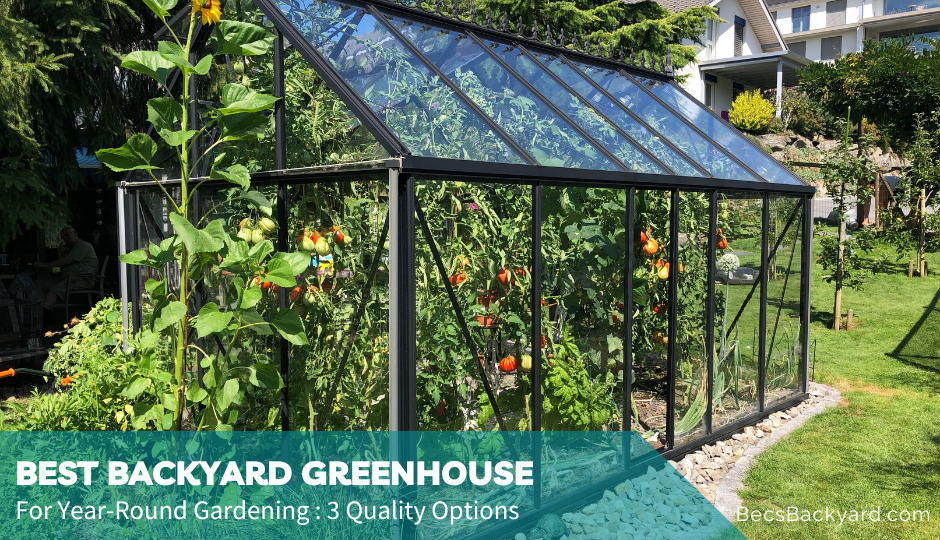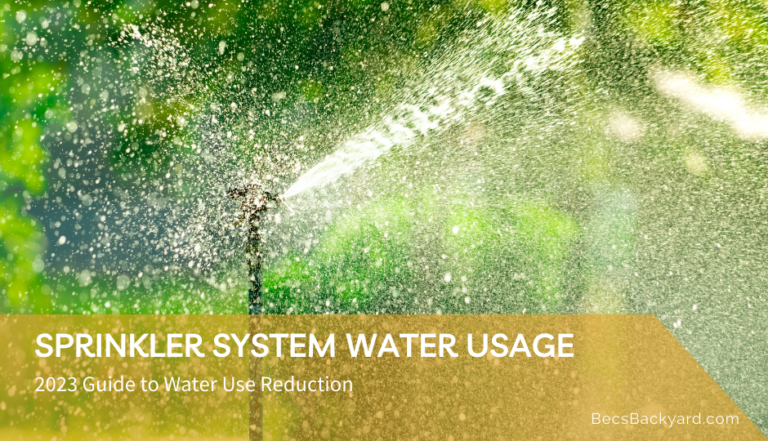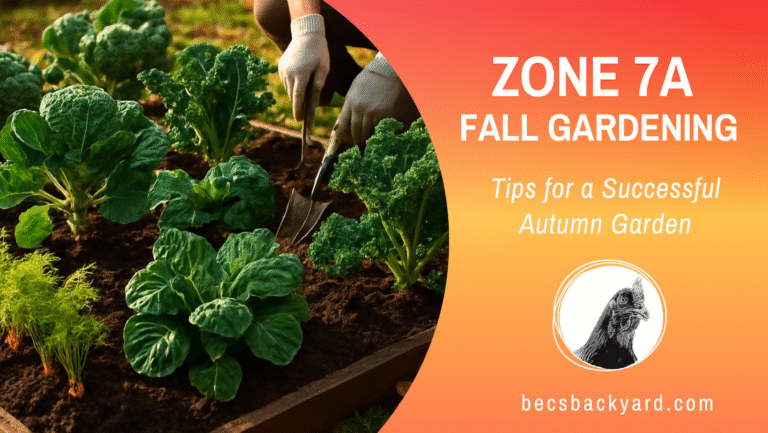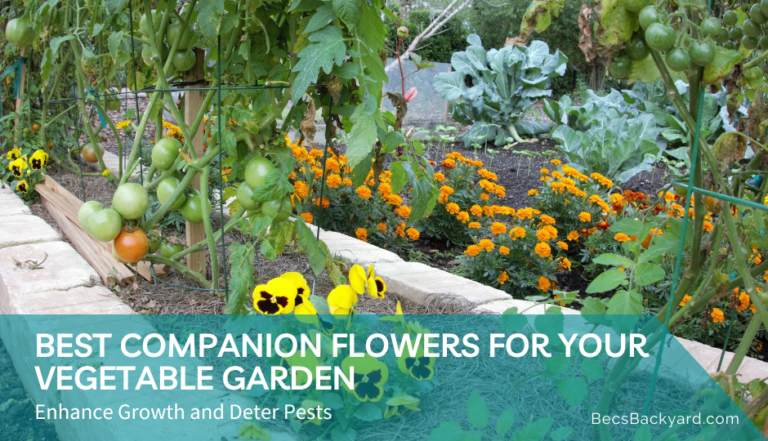Is Compost Dangerous to Your Health? Exploring the Risks and Benefits
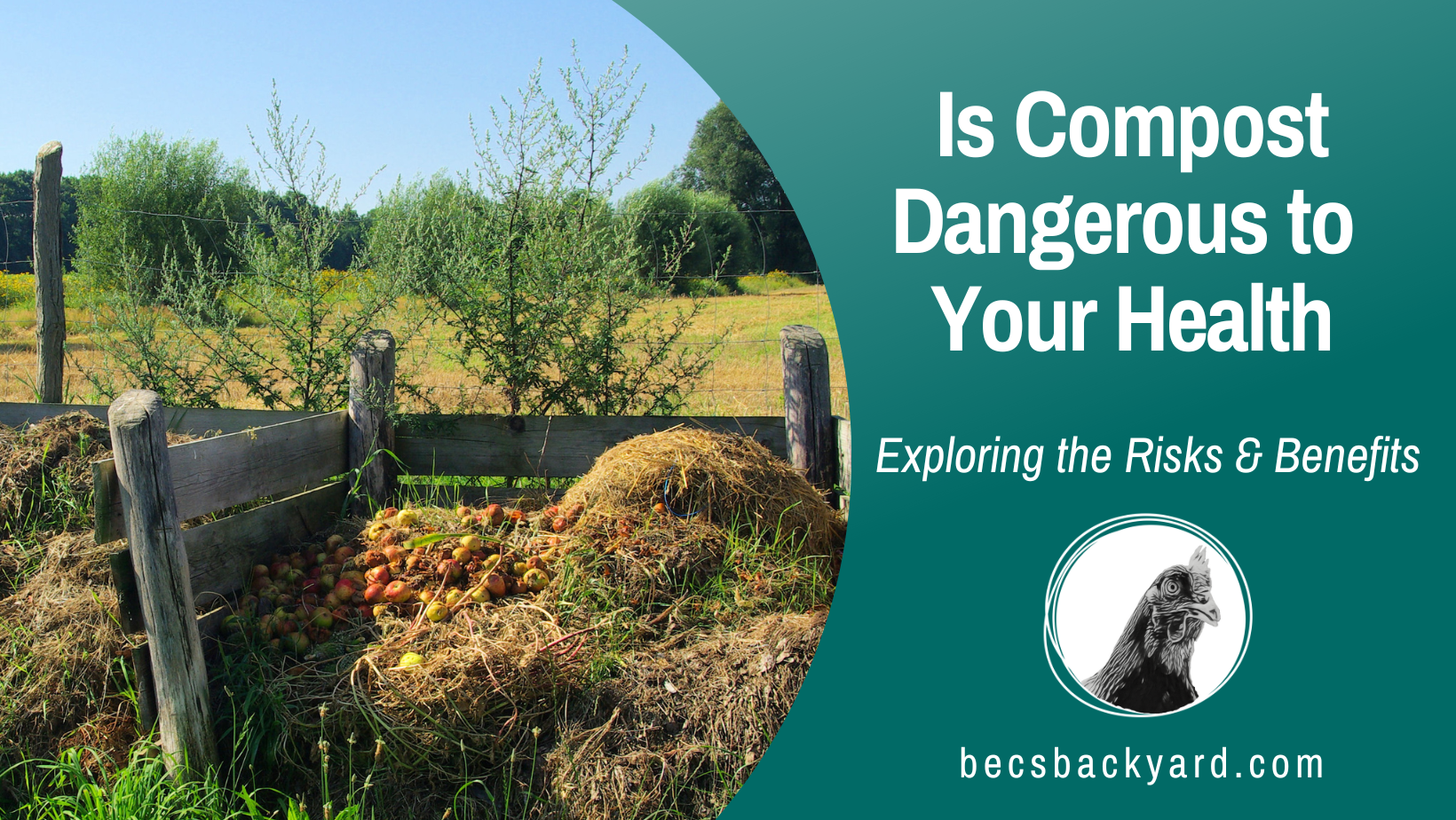
Composting is a great way to recycle organic waste, reduce methane emissions from landfills, and create nutrient-rich soil for gardening. However, some people are concerned about the potential health risks associated with composting. The question remains: is compost dangerous to your health?

Recent reports have suggested that composting is harmful to our health. Some studies have found that activities involving exposure to compost may increase the risk of certain health problems, such as allergies, respiratory issues, and infections. However, other studies have shown that the risks are low and can be minimized by taking proper precautions. So, what is the truth?
Understanding Compost
WHAT IS COMPOST? Composting is the process of breaking down organic materials into a nutrient-rich soil amendment. This natural process is essential for healthy soil and plants. Compost is created by combining organic materials such as food scraps, yard waste, and paper products and allowing them to decompose over time.
Compost is not dangerous to your health when handled properly. However, there are some potential risks associated with handling compost that has not fully decomposed. Partially decomposed compost can contain harmful bacteria, fungi, and other microorganisms that can cause illness or infection if they come into contact with your skin or are inhaled.
It is important to wear gloves and a mask when handling compost to protect yourself from potential hazards. Additionally, it is recommended to wash your hands thoroughly after handling compost.
When using compost in your garden, it is important to ensure that it has fully decomposed before applying it to your plants. Partially decomposed compost can contain high levels of nitrogen, which can burn your plants and harm their growth.
Overall, compost is a safe and beneficial addition to your garden when handled properly. By following basic safety precautions and using fully decomposed compost, you can enjoy the benefits of healthy soil and plants without putting your health at risk.
Is Compost Dangerous to Your Health: Potential Health Risks of Compost
Exposure to Pathogens
Composting is a natural process that involves the breakdown of organic matter by microorganisms. However, some of these microorganisms can be harmful to human health. Pathogens such as E. coli, Salmonella, and Listeria can be present in compost and pose a risk of infection if they come into contact with open wounds or are ingested.
To minimize the risk of exposure to pathogens, it is important to handle compost with care. Always wear gloves and wash your hands thoroughly after handling compost. Keep compost piles covered to prevent animals from accessing them and potentially spreading pathogens.
Allergic Reactions
Composting can also trigger allergic reactions in some people. Exposure to certain molds, fungi, and bacteria found in compost can cause skin irritation, nasal congestion, and other allergic symptoms.
If you are prone to allergies, it is recommended to wear a mask and gloves when handling compost. Consider using a compost bin with a lid to reduce the risk of exposure to airborne allergens.
Respiratory Issues
Inhaling dust and other airborne particles from compost can cause respiratory issues such as coughing, wheezing, and shortness of breath. People with asthma and other respiratory conditions are particularly vulnerable to these effects.
To reduce the risk of respiratory issues, it is recommended to wet down compost before turning it to minimize the release of dust and other particles. Consider wearing a mask and working in a well-ventilated area when handling compost.
Overall, while compost can provide many benefits to the environment and garden, it is important to be aware of the potential health risks associated with its handling and use. By taking proper precautions and handling compost with care, you can minimize the risk of exposure to pathogens, allergens, and respiratory irritants.
Safe Composting Practices
Proper Handling
Proper handling of compost materials can help reduce the risk of exposure to harmful pathogens. Always wear gloves when handling compost and wash your hands thoroughly after handling it. Avoid touching your face, mouth, or eyes while handling compost.
Use of Protective Gear
Using protective gear can help reduce the risk of exposure to harmful pathogens. Wear a dust mask or respirator when working with compost to prevent inhalation of airborne particles. Additionally, wear safety goggles to protect your eyes from dust and debris.

Maintaining Compost Pile Hygiene
Maintaining hygiene in your compost pile can help reduce the risk of exposure to harmful pathogens. Keep your compost pile covered to prevent the spread of airborne pathogens. Also, maintain the moisture level of your compost pile to prevent the growth of harmful bacteria. A moisture level of 40-60% is ideal for composting. Finally, turn your compost pile regularly to promote even decomposition and prevent the growth of harmful bacteria.
Composting is generally safe as long as proper handling and hygiene practices are followed. By following these safe composting practices, you can reduce the risk of exposure to harmful pathogens and enjoy the benefits of composting.
Role of Compost in Soil Health
Composting is the process of breaking down organic materials into a nutrient-rich soil conditioner. Compost is a valuable resource for gardeners, farmers, and anyone who wants to improve soil health. It provides a wide range of benefits, including:
- Enriching soil with nutrients: Compost contains a variety of nutrients that are essential for plant growth, such as nitrogen, phosphorus, and potassium. These nutrients are released slowly over time, providing a long-term source of nutrition for plants.
- Improving soil structure: Compost helps to improve soil structure by increasing soil porosity and water-holding capacity. This allows roots to grow more easily and helps to prevent soil erosion.
- Reducing the need for chemical fertilizers: Compost can help to reduce the need for chemical fertilizers by providing a natural source of nutrients for plants. This can help to reduce the environmental impact of agriculture and gardening.
- Supporting beneficial microorganisms: Compost contains a variety of beneficial microorganisms, such as bacteria and fungi, that help to break down organic matter and improve soil health.
Overall, compost is an important tool for improving soil health and promoting sustainable agriculture and gardening practices. By using compost, we can reduce our reliance on chemical fertilizers and support the growth of healthy, nutrient-rich plants.
Frequently Asked Questions
What are the potential health risks associated with composting?
Composting can pose a risk of exposure to harmful bacteria, fungi, and other microorganisms that can cause illness or infection. Some of the potential health risks associated with composting include respiratory problems, skin irritation, and gastrointestinal illnesses.
What precautions should be taken when handling compost?
When handling compost, it is important to wear gloves and a mask to protect yourself from exposure to harmful microorganisms. It is also important to wash your hands thoroughly after handling compost.
Can inhaling fungal spores from compost be harmful?
Inhaling fungal spores from compost can be harmful, especially for people with weakened immune systems or respiratory problems. It is important to wear a mask when handling compost to reduce the risk of inhaling fungal spores.
Is it safe to use compost in vegetable gardens?
Compost can be a safe and effective fertilizer for vegetable gardens, as long as it is properly prepared and free of harmful contaminants. It is important to use compost that has been fully decomposed and to avoid using compost that contains meat, dairy, or other animal products.
What are the benefits of composting?
Composting can help to reduce waste, improve soil health, and reduce the need for chemical fertilizers. Composting can also help to reduce greenhouse gas emissions by diverting organic waste from landfills.
Can composting have any negative effects on the environment?
Composting can have negative effects on the environment if it is not done properly. Improperly composted organic waste can release harmful gases, such as methane, into the atmosphere. It is important to follow proper composting practices to minimize the environmental impact of composting.
Conclusion
To answer the question “is composting dangerous to your health?” the answer is yes, it can be if precautions are not taken. Composting can have both positive and negative effects on our health. On one hand, composting can capture and eliminate volatile organic compounds in the air, reducing greenhouse gas emissions and contributing to a healthier environment. On the other hand, exposure to compost can lead to health issues such as nausea and throat irritations.
While there are some concerns about the potential health risks associated with composting, more research is needed to fully understand the extent of these risks. It is important to take precautions when handling compost, such as wearing gloves and washing hands thoroughly after exposure.
Overall, composting can be a safe and effective way to improve soil health and reduce waste. However, it is important to be aware of the potential risks and take appropriate measures to protect our health and the environment.

